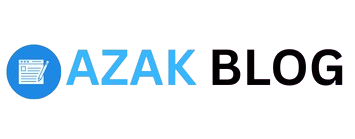In the 21st century, few technologies have sparked as much debate, innovation, and transformation as Artificial Intelligence (AI). Once a subject of science fiction, AI now permeates daily life—from voice assistants and recommendation algorithms to advanced medical diagnostics and autonomous vehicles. Yet, while AI holds immense potential to revolutionize society, it also brings with it profound risks that challenge ethical, economic, and political norms.
The Revolutionary Potential of AI
AI has already made remarkable strides across various sectors:
- Healthcare: AI-driven tools can detect diseases such as cancer and Alzheimer’s earlier and with greater accuracy. Machine learning models analyze vast amounts of medical data to help doctors make better-informed decisions.
- Transportation: Autonomous vehicles promise to reduce traffic accidents caused by human error. AI also optimizes logistics and delivery systems, saving time and resources.
- Finance: AI algorithms detect fraud in real-time, automate trading, and provide personalized financial advice, increasing efficiency and accessibility.
- Education and Accessibility: AI-powered applications are helping students with learning difficulties, translating languages in real time, and providing access to knowledge globally.
These innovations hint at a future where AI enhances productivity, improves quality of life, and solves complex global challenges such as climate change and disease management.
The Growing Risks and Concerns
However, the rapid development of AI is not without its dark side:
- Job Displacement: Automation is expected to replace millions of jobs, especially in manufacturing, transportation, and administrative sectors. While new jobs will be created, the transition could be painful and unequal.
- Bias and Discrimination: AI systems often inherit biases present in their training data, leading to discriminatory outcomes in hiring, lending, and law enforcement.
- Privacy Invasion: AI can be used for mass surveillance, facial recognition, and tracking behaviors online—raising concerns about individual privacy and civil liberties.
- Autonomous Weapons and Warfare: The development of AI-powered weaponry raises ethical questions and risks of accidental conflict escalation.
- Loss of Human Control: As AI systems become more complex, ensuring that they remain under human control becomes increasingly challenging. Misaligned AI goals could have unintended, potentially catastrophic consequences.
Balancing Innovation with Responsibility
The dual nature of AI—as both a powerful tool and a potential threat—requires careful governance. Governments, corporations, and researchers must work together to:
- Establish clear ethical guidelines and regulations for AI development.
- Promote transparency and accountability in AI systems.
- Invest in education and workforce reskilling to prepare for a changing job landscape.
- Foster international cooperation to prevent misuse of AI in warfare or authoritarian regimes.
Conclusion
Artificial Intelligence stands at a crossroads—offering unparalleled opportunities for progress while also posing significant risks to society. Whether AI becomes the revolution that drives humanity forward or the risk that destabilizes it will depend on how we choose to develop, deploy, and regulate this powerful technology. In the end, it is not AI itself, but our approach to it, that will determine our future.


